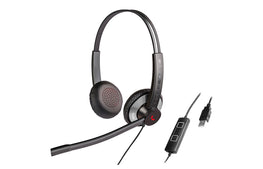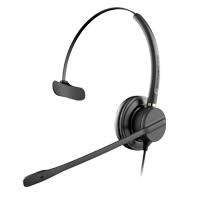
Improving patient treatment times for elective surgeries
Patient waiting times are a constant pressure, with front-line medical professionals juggling both patient care and administration while still aiming to deliver the highest standards of care.
The importance of managing wait times was underscored by recent research from the Australian Institute of Health and Welfare (AIHW) into patient scheduling for elective surgeries in Australia. While the country's average waiting times are decreasing, there is still room for improvement, particularly for certain specialisations.
According to the study, the average (median) wait time for elective surgeries in Australia is 35 days, down from 36 a year ago.
While this is a good sign, there are considerable variations within the country. Queensland recorded the fastest times (27 days) while Tasmania reported the longest at 55. Likewise, differences emerged regarding the nature of the surgery. Coronary Artery Bypass surgery had the shortest wait time, at only 14 days, while the average for Septoplasty reached 214 days.
Ear, nose and through surgeries in general recorded the highest average wait times, along with ophthalmology and orthopaedic surgery. These three specialisations are all ranked above 60 days on average.
Certain surgeries are also being performed more regularly, driven by broader factors like the ageing Australian population. Total hip replacements have increased by 4.5 per cent while total knee replacements are up 4 per cent.
While there are clearly many factors that will affect patient wait times for elective surgeries, one area that surgeons can start by focusing on is the issue of taking patient notes.
Addressing patient wait times through Dragon Medical
While there are clearly challenges facing Australian's surgeons – particularly those in specialisations like ophthalmology and orthopaedic surgery – it is still possible for these physicians to improve their time management with the right technology.
Dragon Medical is one such option for medical specialists who are looking to address long wait times. This software allows doctors and surgeons to convert their speech rapidly into a written format, with a vocabulary that is specifically designed to meet their needs.
By streamlining the composition of patient notes and other administration work, it's then possible to put more time into direct patient care and surgery rosters, helping to further lower patient waiting times.
There's no single fix to long waiting times, given the multitude of factors that are involved in scheduling and resourcing elective surgeries. However, improving time management practices can go a long way towards improving patient outcomes while minimising delays.






